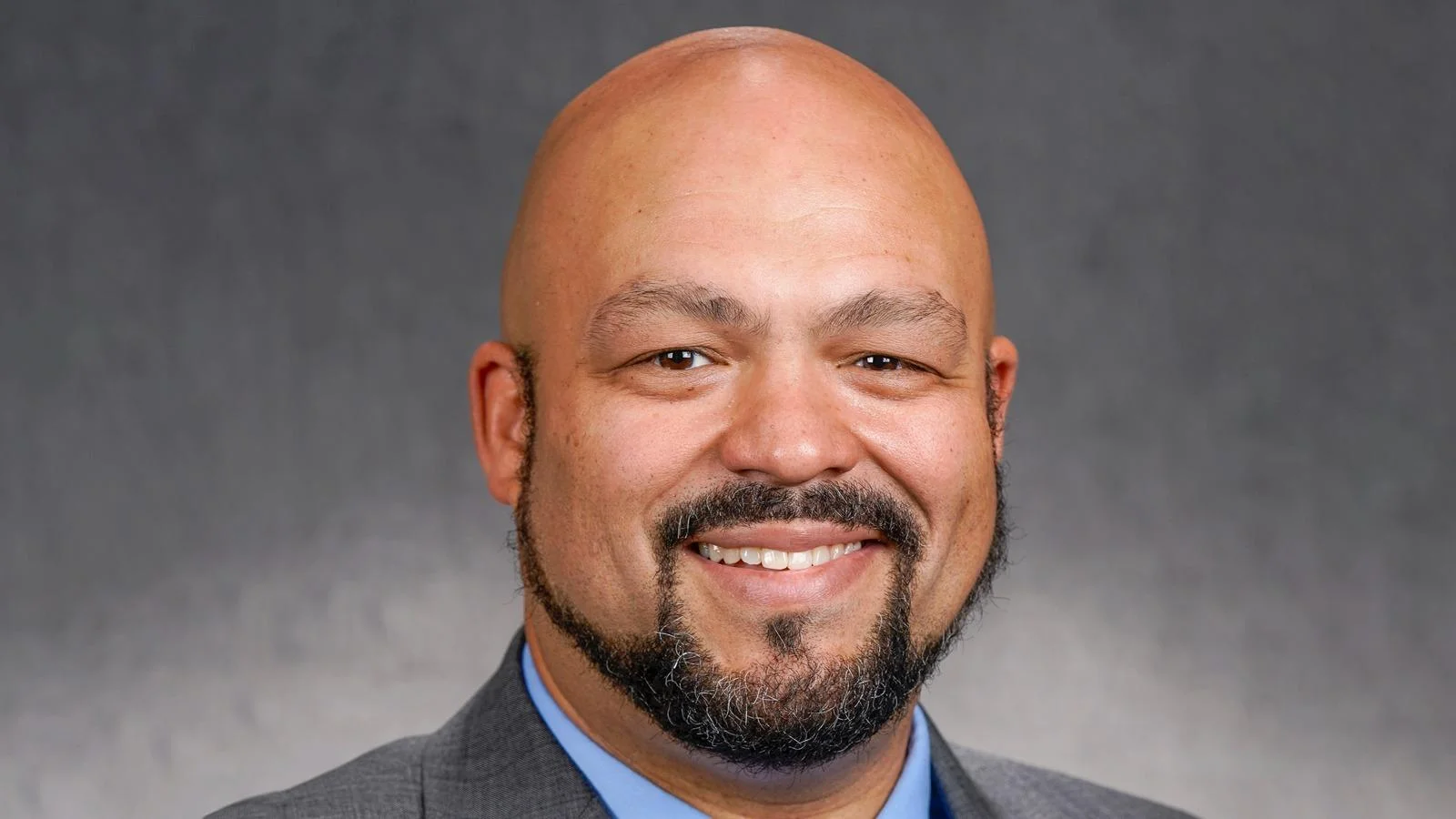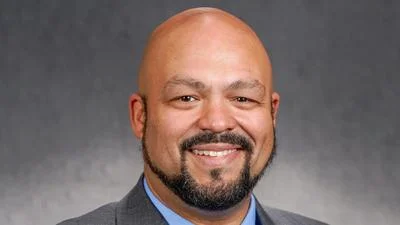Walter Hudson, Minnesota State Representative from 30A District | Official Website
Walter Hudson, Minnesota State Representative from 30A District | Official Website
Walter Hudson, a public figure known for his commentary on legal and property rights issues, posted a series of tweets on July 28, 2025, addressing concerns about data privacy and property rights.
In one tweet from July 28, Hudson questioned the rationale behind withholding information from the Department of Justice (DOJ), writing: "Why even cite legal justification? Why don't you *want* to cooperate with the DOJ?
You've already 'captured' this so-called 'private data.' Why should we trust you with it, but not the DOJ?
What *moral* justification do you have for that?"
Later that day, Hudson commented on a news story related to housing rights and property ownership. He stated: "Insane story.
This is what the so-called 'right to housing' gets you, the obliteration of actual rights - your right to property, your right to compensation, your freedom to associate, all of it.
You become a slave." The tweet links to an article highlighting a case in Philadelphia involving squatters taking over a homeowner's residence.
A follow-up post shared additional details: 'You Literally Have No Protection:' Philadelphia Squatters Take Over Woman’s House
https://t.co/1at3QxMHgd This references ongoing disputes in some U.S. cities where homeowners have struggled with squatters occupying their properties without immediate recourse.
The discussion around squatter rights has intensified in recent years as several high-profile cases have drawn attention to gaps in legal protections for property owners. In many jurisdictions across the United States, eviction processes can be lengthy and complex when unauthorized occupants claim residency. These debates often center on balancing tenants’ protections against ensuring property owners can reclaim their homes efficiently.
Hudson’s posts reflect broader national conversations about privacy concerns regarding data sharing with government agencies like the DOJ and contentious debates over housing policy reforms aimed at addressing homelessness while safeguarding individual property rights.





 Alerts Sign-up
Alerts Sign-up